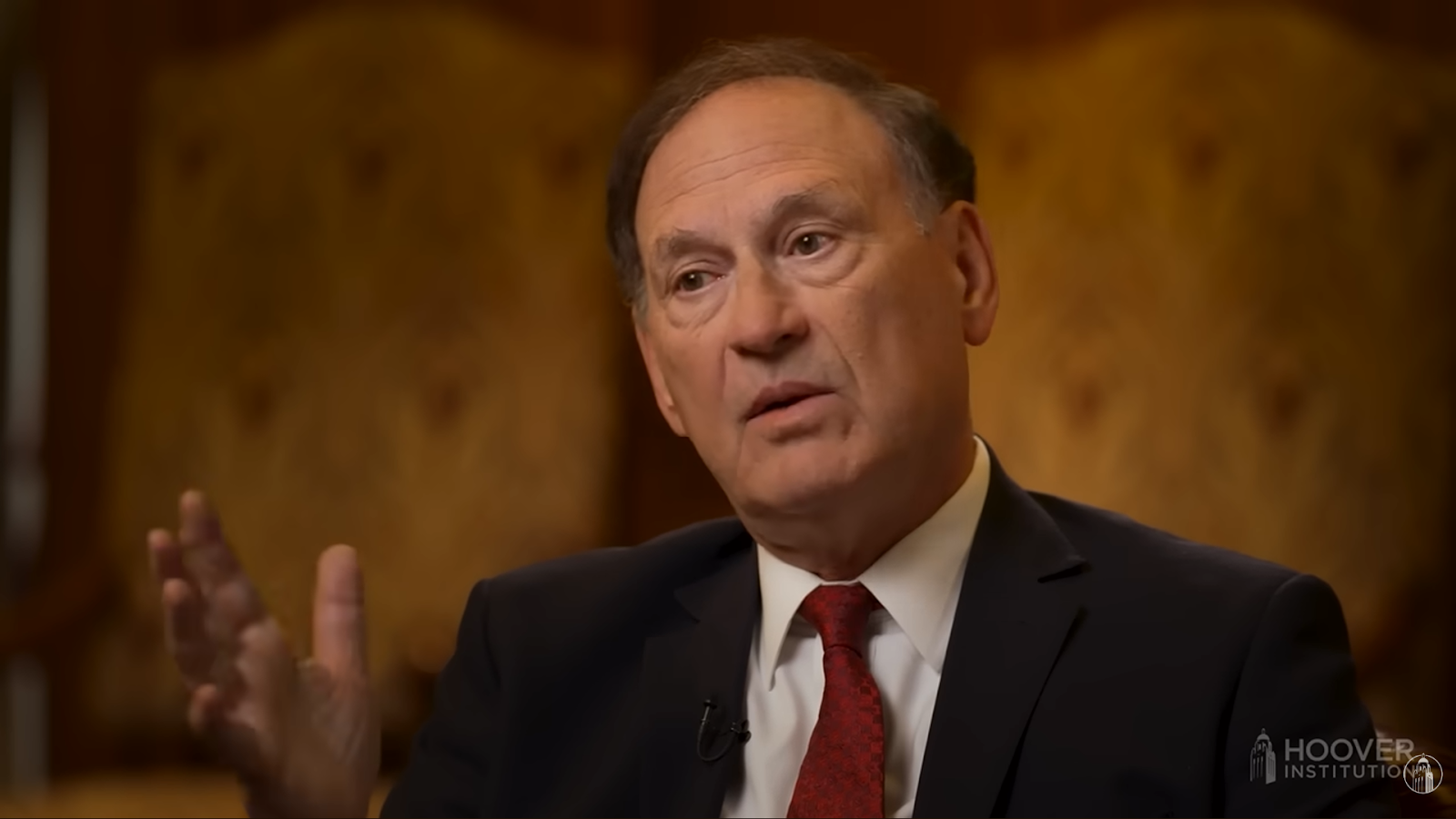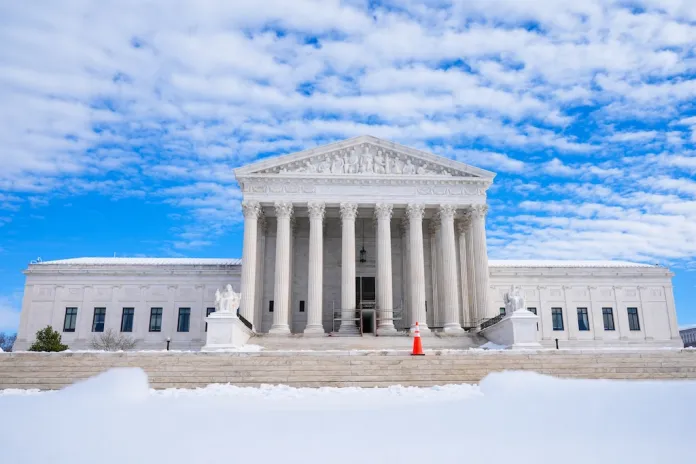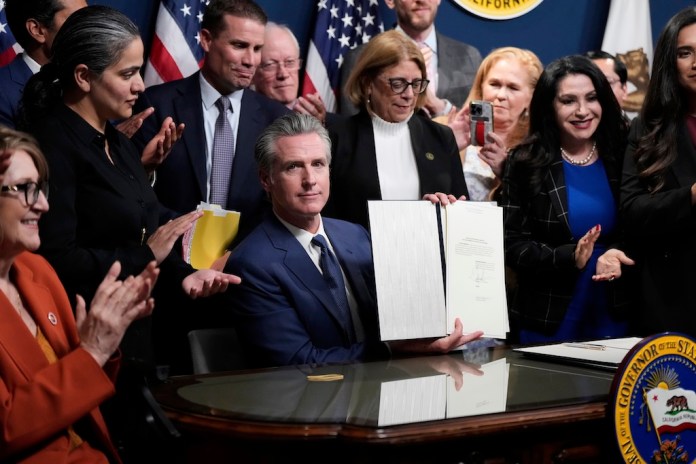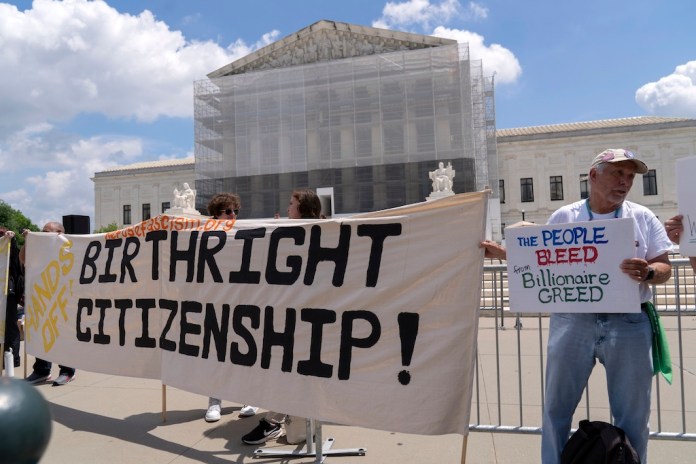Supreme Court takes up GOP challenge to counting mail-in ballots that arrive after Election Day
The Supreme Court is set to hear a case regarding a challenge by Republican representatives against an Illinois law that permits the counting of mail-in ballots that arrive after Election Day, provided they are postmarked by that day. This case arises from a petition filed by Rep. Mike Bost and two GOP presidential elector nominees, after lower courts dismissed their challenge, ruling they did not have the legal standing to sue.The key question for the Supreme Court is whether these candidates can challenge state regulations concerning federal elections under the Constitution. The case highlights ongoing disputes over election laws, notably those regarding mail-in voting, which were adjusted during the pandemic and have led to various lawsuits across multiple states. The Supreme Court’s decision could impact future challenges related to late-arriving ballots.
Supreme Court takes up GOP challenge to counting mail-in ballots that arrive after Election Day
The Supreme Court will hear a case questioning whether Republicans can challenge an Illinois law allowing mail-in ballots that arrive after Election Day to be counted.
The high court on Monday granted a petition brought by Rep. Mike Bost (R-IL) and two GOP presidential elector nominees from Illinois who are attempting to block a state law that allows mail-in ballots to be counted if they arrive up to 14 days after Election Day, as long as they were postmarked by Election Day. Two lower courts threw out the challenge, finding that the parties suing state election officials had no legal standing to do so.
The question presented to the high court was whether Bost and the elector nominees, as federal candidates, have legal standing under Article III of the Constitution to “challenge state time, place, and manner regulations concerning their federal elections.”
Judicial Watch, a conservative group, petitioned the high court on behalf of Bost and the elector nominees in November 2024 after initially filing the lawsuit in a federal district court in May 2022. The petition said various court decisions pertaining to the 2020 election undid years of precedent for those who have the standing to challenge election laws by narrowing that standard significantly.
SUPREME COURT ALLOWS TRUMP ADMINISTRATION TO END MASS PAROLE FOR MIGRANTS
“In the aftermath of the 2020 elections, however, for a variety of reasons, courts have limited candidates’ ability to challenge the electoral rules governing their campaigns. This case presents the latest — and an extreme — example of this trend,” the petition said.
The Illinois State Board of Elections urged the high court to deny the petition, arguing the lower courts acted properly by dismissing the challenge by a group of Republicans.
“The case presents no sufficiently important — or even sufficiently discrete — legal question warranting the Court’s review, it does not conflict with this Court’s opinions, and it does not implicate a division of authority among lower courts,” the filing said. “The petition should be denied.”
SUPREME COURT COULD SOON WEIGH LEGALITY OF LATE-ARRIVING BALLOTS
The Supreme Court was not asked in this petition to decide whether counting ballots that arrive after Election Day is legal, but the case could clear the path for such a challenge to appear before the justices in the future.
States across the country loosened their mail-in ballot laws during the 2020 election due to pandemic-era lockdowns. Laws in 17 states, as well as in Washington, D.C., Puerto Rico, and the U.S. Virgin Islands, allow ballots postmarked by Election Day to be counted even if they arrive after Election Day. Those laws have been the subject of various lawsuits, including the one filed by Bost and the elector nominees, which could make their way to the Supreme Court.
" Conservative News Daily does not always share or support the views and opinions expressed here; they are just those of the writer."




